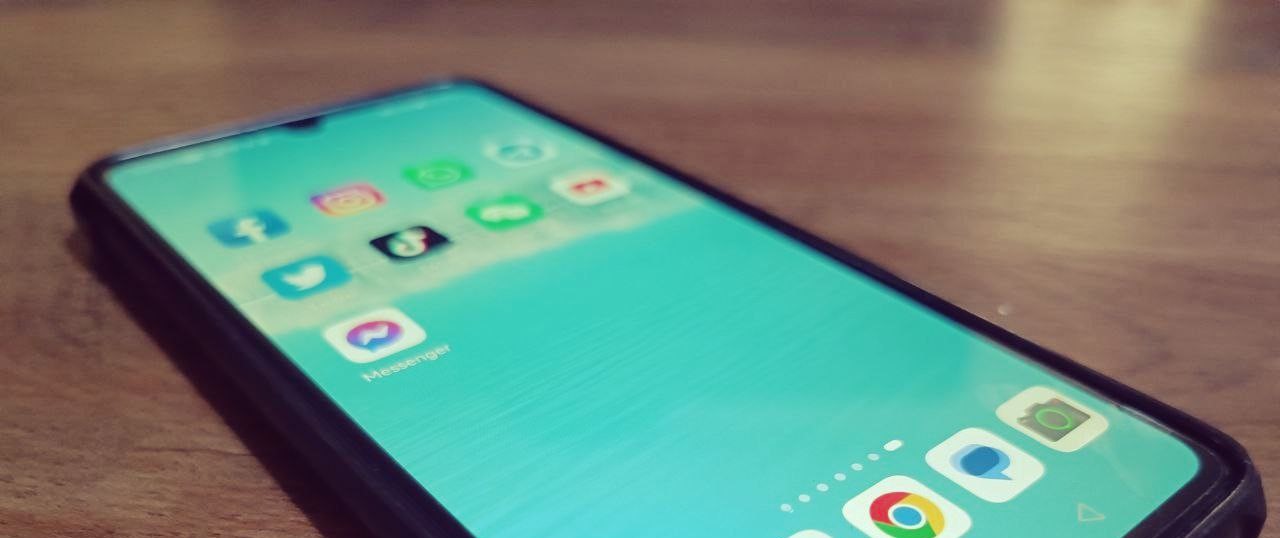How Social Media Is Making Us Less Social

Introduction
In our digitally connected world, it is somewhat ironic that the very platforms designed to bring us closer together may actually be driving us further apart in real life. Sure, social media has its benefits, like keeping us in touch with loved ones, providing a wealth of information, and fostering online communities. But it also comes with unintended consequences. This article delves into how social media is affecting our face-to-face interactions, mental health, and our understanding of genuine socialisation.
Superficial Connections and Diminished Face-to-Face Interactions
Let us face it—social media has become a breeding ground for shallow connections. Despite having hundreds or even thousands of online friends, our interactions often revolve around likes, comments, and shares, lacking the depth that meaningful relationships require. Consequently, our in-person interactions take a hit as virtual exchanges increasingly replace face-to-face connections.
Moreover, our obsession with screens has a profound impact on our ability to engage with the real world. Whether we are mindlessly scrolling through news feeds during social gatherings or compulsively checking notifications during meals with friends, social media has become a constant distraction, hindering our genuine engagement in real-life interactions.
Mental Health and Well-being
Research shows a clear link between excessive social media use and negative impacts on mental health. The constant exposure to carefully curated, picture-perfect versions of others’ lives can trigger feelings of inadequacy, envy, and low self-esteem. Social media platforms often foster a culture of comparison, magnifying the fear of missing out (FOMO) and leading to heightened anxiety and depression.
Furthermore, the incessant need for validation through likes and comments can create an unhealthy dependency on social media. Seeking external approval in this manner can chip away at our self-worth and intensify feelings of loneliness and isolation, even though we may have a vast number of online connections.
Additionally, the addictive nature of social media can detrimentally impact our productivity and increase stress levels. The hours spent mindlessly scrolling and staying updated on virtual happenings can detract from valuable time that could be spent engaging in genuine face-to-face interactions or pursuing personal interests. This detachment from the present moment can result in a sense of disconnection from reality and hinder authentic social experiences.
The Illusion of Socialisation
Although social media creates the illusion of socialisation, the truth is that spending excessive time online can hinder genuine interpersonal connections. Likes, retweets, and shares do not substitute for meaningful relationships or emotional support; instead, they often contribute to a sense of detachment and isolation.
Moreover, the convenience of social media can create a distorted sense of productivity. We may spend hours engrossed in virtual interactions but fail to invest the same effort into building and nurturing real-world relationships. This imbalance can diminish our ability to communicate effectively, empathise with others, and navigate social situations with ease.
Conclusion
While social media undeniably offers numerous advantages, such as global connectivity and instant access to information, it is vital to recognise and address the unintended consequences of excessive usage. Superficial connections and diminished face-to-face interactions hinder genuine socialisation, while mental health may suffer due to comparisons and the constant need for validation.
To counteract these effects, it is crucial to establish healthy boundaries, prioritise in-person interactions, and cultivate meaningful relationships. By consciously managing our social media usage and understanding its limitations, we can reclaim the essence of true socialisation, fostering deeper connections, and enhancing our overall well-being. Let us embrace the richness of face-to-face interactions, as they offer empathy, understanding, and a sense of fulfilment that surpasses the digital realm.
